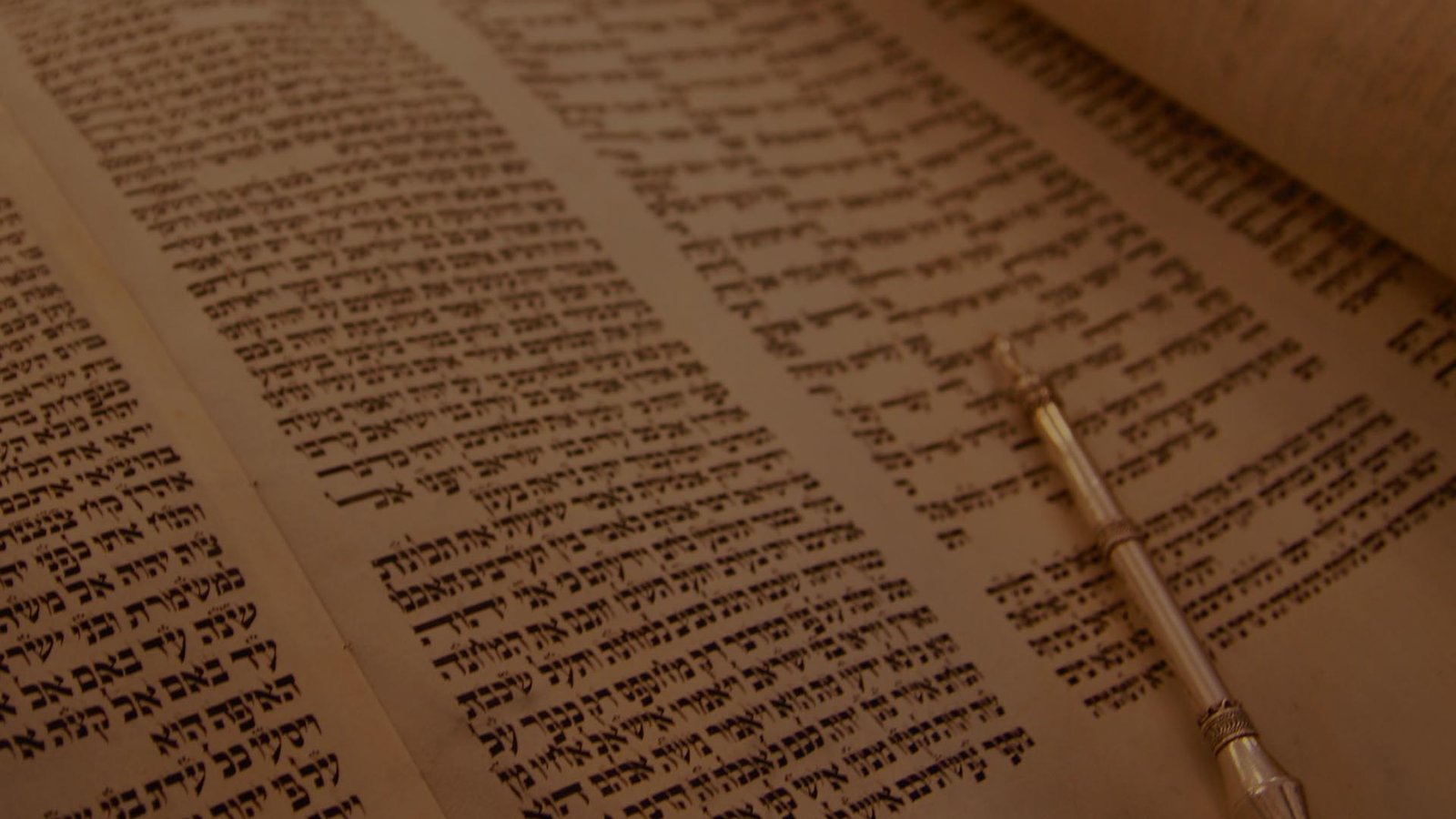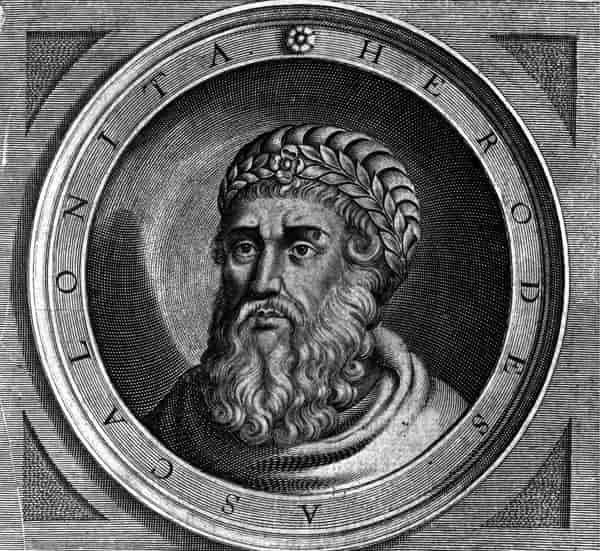The Torah is the central text of Judaism and is considered the foundation of Jewish law and tradition. It consists of the first five books of the Hebrew Bible: Genesis, Exodus, Leviticus, Numbers, and Deuteronomy. The word “Torah” is often translated as “law,” but it can also mean “instruction,” “teaching,” or “guidance.” The Torah contains a wide range of material, including narratives about the creation of the world and the history of the Jewish people, as well as laws and commandments that are still followed by many Jews today. For many Jews, the Torah is not just a historical document, but a living text that continues to inform and inspire their beliefs and practices.
The Oral Torah, also known as the Oral Law, is a collection of teachings, interpretations, and explanations that are believed to have been passed down orally from generation to generation among the Jewish people. The Oral Torah is said to have been transmitted from Moses to Joshua, and from there to the Jewish sages who compiled and transmitted it through the centuries.
The Oral Torah is considered to be an important part of Jewish tradition and is believed to be a necessary complement to the written Torah. The written Torah contains laws and commandments, but the Oral Torah provides additional details and interpretations that help to explain how these laws should be observed in practice. It also includes stories, parables, and other teachings that help to convey the meaning and significance of Jewish law and tradition.
The Oral Torah was eventually written down in various texts, including the Mishnah and the Talmud, which are still studied and revered by many Jews today. These texts continue to be the subject of scholarly debate and discussion, and they remain an important source of guidance and inspiration for Jewish communities around the world.
The Talmud
The Talmud is a central text of Jewish law and tradition that contains a vast collection of teachings, interpretations, and discussions related to Jewish law, ethics, customs, history, and theology. It is an extensive work consisting of two main parts: the Mishnah, which is a concise summary of Jewish law and tradition, and the Gemara, which is a commentary and interpretation of the Mishnah.
The Talmud was compiled over several centuries, beginning in the second century CE and continuing through the fifth century CE. It was produced by Jewish scholars and sages in what is now Israel and Babylonia, and it reflects a wide range of Jewish perspectives and traditions.
The Talmud is considered to be one of the most important texts in Judaism, and it is still studied and revered by many Jews around the world today. Its teachings and discussions have had a profound influence on Jewish law and ethics, as well as on Jewish thought and culture more broadly. The Talmud is also an important source of guidance and inspiration for many Jews who seek to live their lives in accordance with Jewish tradition and values.
Jewish Tradition
Jewish tradition refers to the cultural, religious, and social practices and beliefs that have been passed down through generations of Jewish people. Jewish tradition encompasses a wide range of customs, including religious practices, holidays, rituals, and dietary laws. It also includes the study of Jewish texts, such as the Torah, Talmud, and other important works of Jewish scholarship.
Jewish tradition places a strong emphasis on community and family, and many Jewish customs and practices are designed to strengthen these bonds. For example, many Jewish holidays are celebrated with family gatherings and feasts, and there are numerous rituals and ceremonies that mark important life events such as births, weddings, and funerals.
At the core of Jewish tradition is the belief in a covenant between God and the Jewish people, as outlined in the Torah. This covenant includes the observance of a wide range of commandments and laws that are intended to help Jews live a moral and ethical life, and to build a just and compassionate society.
Jewish tradition is a rich and complex tapestry of beliefs, practices, and values that have evolved over thousands of years. It continues to inspire and guide Jewish communities around the world today.



